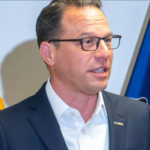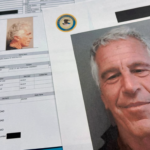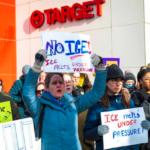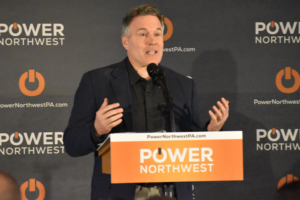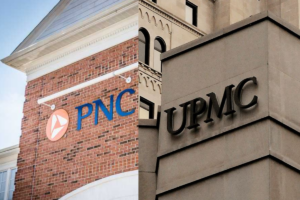Following Governor Shapiro allowing SEPTA to use the funds to maintain operations, PRT is considering making a similar request.
Last week, Governor Shapiro approved the use of capital projects funding for SEPTA’s daily operations in the absence of a state budget. Pennsylvania Senate Republicans previously introduced this funding mechanism as a source to help alleviate the budget stalemate and service loss for SEPTA. The approval of SEPTA’s waiver allows the agency to use up to $394 million in capital assistance funds.
Pittsburgh Regional Transit is planning to implement a 35% service cut and a fare increase to remain operational without state funds.
Spokesman for PRT, Adam Brandolph, said the agency was considering making a request for a similar waiver as a stopgap measure to keep providing public transportation in the Pittsburgh region without a permanent funding source.
Funding for mass transit has been one of the sticking points in budget negotiations between Pennsylvania’s House and Senate in Harrisburg.
In early August, Senate Republicans passed a bill that would fund transit by pulling from the trust fund that is intended for capital projects. The funds have gone largely unused for years.
Democrats strongly opposed the bill as it moved through the legislature. Shapiro eventually approved the use of the same funding for SEPTA this week.
Shapiro said the $394 million that SEPTA will be able to use is “future capital dollars that have not yet been earmarked for particular projects.”
State Senator Jay Costa, a Democrat of Allegheny County, said even $140 million from the capital assistance funds being used by PRT over two years would not solve the agency’s underlying budget problem.
“It’s frustrating we don’t have a recurring revenue stream. At the same time, we aren’t making investments in roads and bridges. Typically, when we do transit, we do roads and bridges funding, so all these bridges that have been closed or are in disrepair, we have no resources to put in there either,” said Senator Costa.
Adam Brandolph, PRT spokesman, said the agency faces “a $100 million operating deficit that will grow each year without additional funding. Using capital funds for operations would delay critical projects and limit future improvements. We will never compromise the safety of our riders or employees.”


